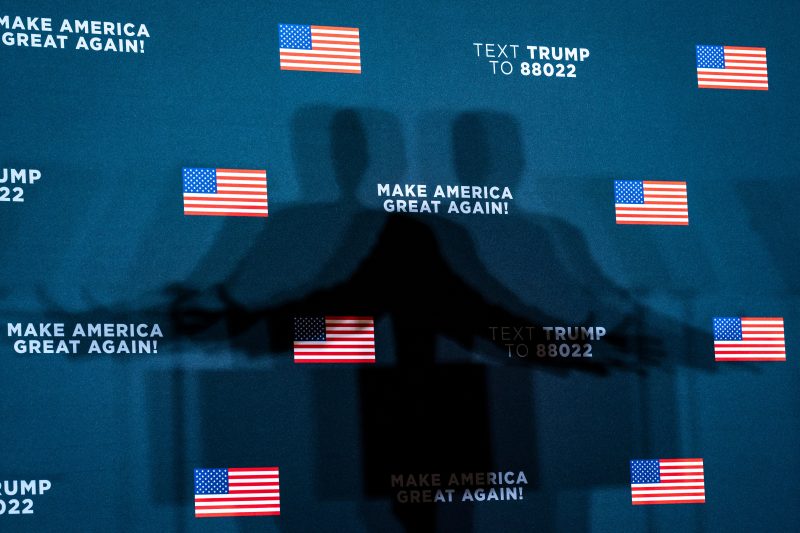Since 2016, Trump Has Kept Dialing Up His Racist Appeals
The past five years have seen a significant shift in the political landscape of the United States. President Donald Trump’s rise to power in 2016 marked the beginning of a new era in American politics, one characterized by divisive rhetoric and controversial policies. Throughout his time in office, Trump has consistently utilized racist appeals to galvanize his base and further his political agenda.
From the outset of his presidential campaign, Trump made xenophobic remarks about Mexican immigrants, characterizing them as criminals and rapists. These inflammatory statements set the tone for his approach to race relations throughout his tenure in office. His administration’s policies, such as the travel ban targeting predominantly Muslim countries and the separation of migrant families at the southern border, further reinforced his divisive rhetoric.
Trump’s racist appeals have not been limited to immigration policy. He has also stoked racial tensions in response to protests against police brutality and systemic racism. Following the killing of George Floyd in 2020, Trump amplified his law and order message, using racially charged language to vilify protesters and defend the actions of law enforcement.
Despite facing criticism for his racist rhetoric and policies, Trump has doubled down on his appeals to white grievance and nationalism. His refusal to condemn white supremacist groups during the 2020 presidential debate and his repeated claims of election fraud have raised concerns about the future of American democracy.
The rise of Trump and the normalization of racist appeals in mainstream political discourse have far-reaching implications for the future of the United States. The deep polarization and racial division that have defined his presidency will continue to shape the country’s political landscape for years to come.
As the United States grapples with its history of racism and inequality, it is essential to confront the legacy of Trump’s presidency and work towards a more inclusive and equitable society. By challenging racist appeals and policies, we can strive to build a nation that is truly united in its diversity and committed to the values of equality and justice for all.
